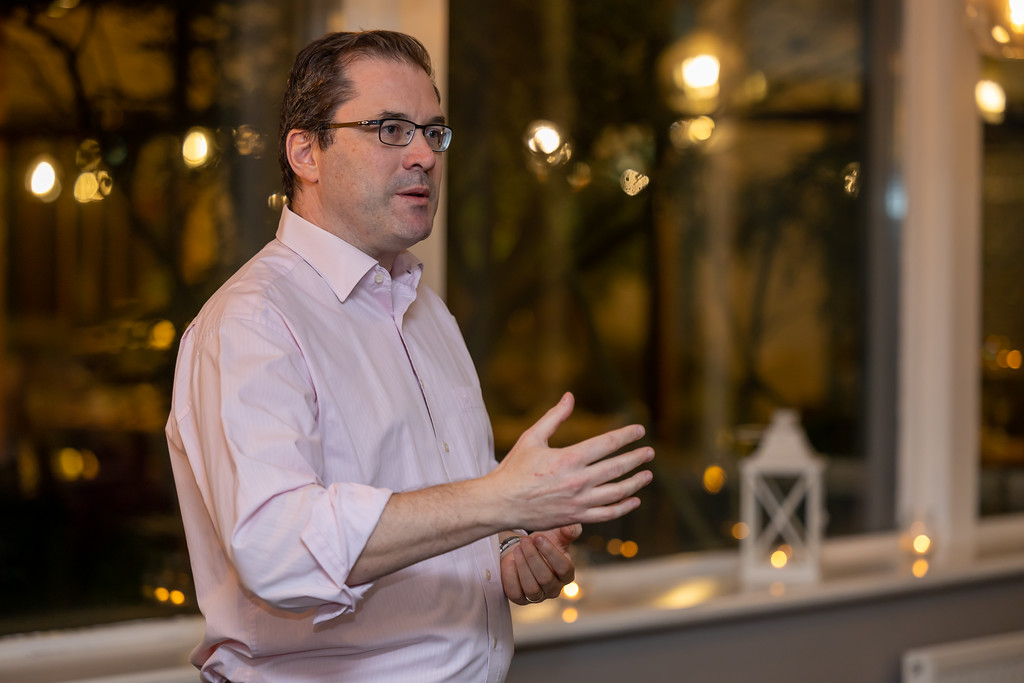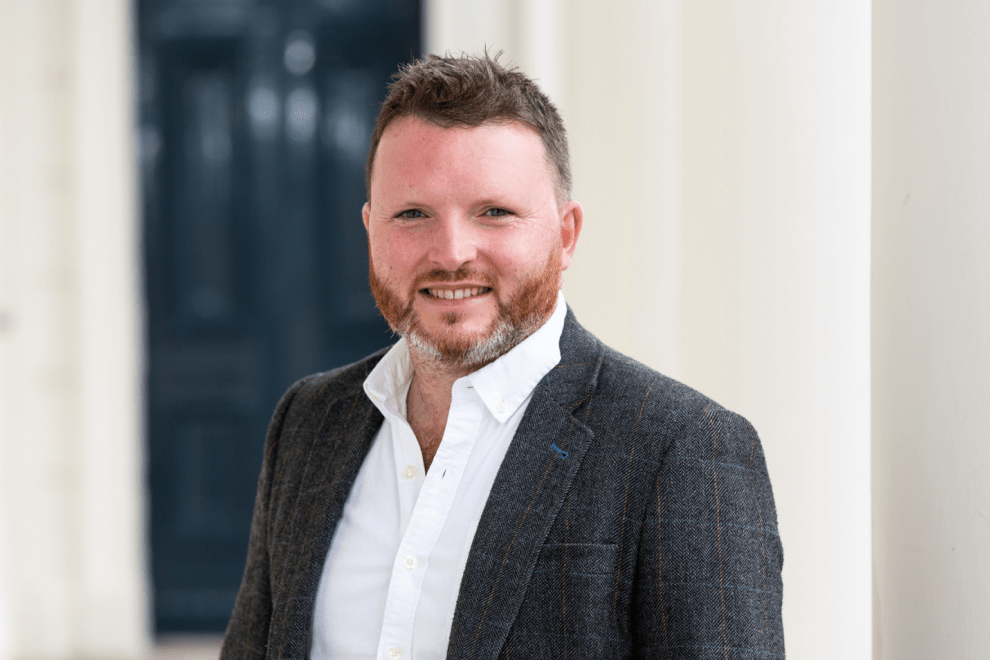2024 Spring Agenda
The roadmap to Net Zero
Change is happening but just not fast enough. How do we scale up the implementation of climate action? We open our event with global and national perspectives on climate action.
Progress in renewable power generation is a vital step towards climate action. A discussion on how the acceleration in development of renewable energy projects is needed if the State is to come anywhere close to the target of a 51% reduction in emissions by 2030.
How to create transition plans that stand up to investor scrutiny, inspire your industry and decarbonise your business.
- To what extent have net-zero transition plans been developed and executed?
- Where are the climate commitment gap hotspots and what are the practical solutions to close the commitment gap?
- How do you understand the risks and opportunities for access to finance?
- What role should government and policymakers play in the development and execution of climate transition plans?
- How do you anticipate incoming mandatory disclosure rules can help accelerate businesses’ transition to net zero operations?
- What are the talent and skills gaps to deliver Net Zero and how will we fill them?
Stream 1: Business & biodiversity
Why nature-related reporting is vital and how it can benefit your business
This year businesses are increasingly recognising the importance of their impact on nature, with disclosures on nature-related risks and impacts gaining prominence alongside climate reporting. We open with a talk on why businesses need to expand their sustainability beyond greenhouse gas emissions.
Lessons from an early adopter of the TNFD framework
There’s a growing recognition that the investor community plays a key role in mitigating biodiversity perils. And, the TNFD framework has brought nature and biodiversity further to the forefront of financial decisions. Will the recommendations generate enough momentum to deliver tangible change? What does nature positive investment look like?
STREAM 2: Decarbonising your value chain
Meeting your net zero target means reducing carbon throughout your value chain.
Steps to creating a credible, impactful climate transition plan: By assessing your current emissions, setting ambitious targets and taking action to reduce your carbon footprint, you contribute to a more sustainable future for both the planet and your business.
Decarbonisation solutions
How Digital Twin technology has been used to reduce the carbon emissions of European airports from the terminal buildings to the resource networks and electrification of the aircraft fleet. Plus, how internal barriers were overcome.
Decarbonisation solutions
When developing transition plans, companies should consider the full range of interactions and impacts associated with their business model, both up and down the value chain. This presentation describes how to use transition planning to drive decarbonisation in the value chain and in turn drive value for the company, its investors and stakeholders.
How decarbonisation – the reduction of carbon emissions – and circular economy – the reuse and regeneration of materials by design – are two powerful concepts that, when combined, create a potent force to combat climate change and drive sustainable development.
Our panel explores the main actions that companies can and are currently undertaking to reduce value chain emissions, focusing on challenges and opportunities.
1. Trends towards proactive supply chain management:
2. How to accelerate suppliers’ sustainability journey: practical action to address upstream emissions.
4.How can government help companies decarbonise: What type of incentives will accelerate companies’ decarbonisation journey?
STREAM 3: How to create an ESG-friendly business
Hear about the new flexible, user-friendly micro qualifications recently launched by Educational Training Boards around the country to upskill staff on the sustainability skills your business needs
If you don’t have an age strategy, you don’t have a growth strategy. Hear how the ‘S’ of ESG can unlock business value by addressing our aging population. Hear how leading companies are focussing on the 50+ demographic as an integral component of their ESG and growth strategies and the business case outcomes they are receiving.
Chaired by Sarah Blake, Earthology
- Who should consider becoming a BCorp
- The pathways, processes and key insights on how to achieve certification
- How you can contribute to creating an inclusive, equitable and regenerative economic system
The future of sustainability reporting
On March 15 the EU Council approved the Corporate Sustainability Due Diligence Directive, a pivotal milestone in Europe’s climate action strategy. Once implemented the CS3D will impose an unparalleled and extensive corporate governance duty on many companies based in and outside the EU:
- Will this apply to your company? What are the key requirements?
- What is the scope and impact of the CS3D?
- The implications of non-compliance
- Timelines and next steps
How do businesses ensure that their consumers can purchase products with peace of mind, knowing that they are contributing to the protection of human rights and the environment. Drawing on recent research assessing the human rights performance of Ireland’s leading companies, Benn outlines the report’s recommendations on how to prepare for the CS3D.
With sustainability reporting requirements moving from voluntary to mandatory and new sustainability regulations on the horizon, will 2024 mark the year we see increased action and a shift in mindset?
- What sustainability means for business and what impacts, risks and opportunities does it present?
- First steps in mandatory sustainability reporting: Sustainability leaders share their insights on preparing for the CSRD
- Current strengths and weaknesses of current corporate reporting
- What are the latest EU developments and expectations on sustainability reporting?
- Towards greater international harmonisation of sustainability reporting
- The future: Incorporating nature-related and biodiversity disclosures into corporate sustainability reporting



































